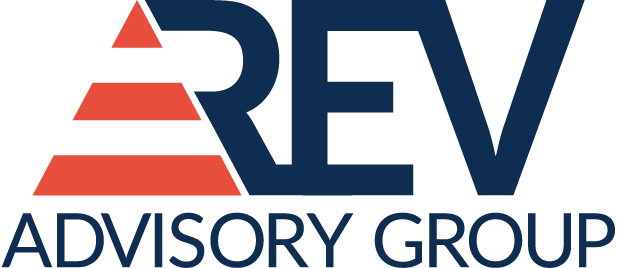Winning the Talent War
One of the top issues facing American business leaders today is how to attract and retain top talent. Successful organizations know that even the best strategies will fail without competent people to execute them. Increasing diversity, shifting demographics and a shortage of qualified workers have made this issue even more vexing. Recruiting strategies that have worked in the past are failing in this new environment. So, what should smart business leaders do to win the talent war?
Thought leaders such as Patrick Lencioni are warning business leaders that they must create “Healthy Organizations” if they want to remain competitive in their respective industries. Company’s must foster and create cultures where people are fully engaged far beyond the transactional level of exchanging time for a paycheck.
We are advising our clients that the key to solving this issue lies in their ability to fully understand the unique talents and skills required to carry out the company’s mission at all levels of the organization. Creating these “Talent Benchmarks” allows them to engage current and prospective employees in the “Right” roles and in the “Right” way. It also ensures a successful onboarding experience and a much-needed framework for ongoing leadership and skill development.
At REV we use a multi-science approach that empowers our clients to define in “simple terms” the unique talents and skills that are required to achieve maximum success in a given role within the company. In addition, we help them to understand the unique talents and current skill levels of current and prospective employees. The “simple terms” we use to describe these basic components are: 1) Natural Talents, 2) Soft Skills and 3) Hard Skills.
Natural Talents:
Natural talents are the natural endowments of a person. In our practice we use science to uncover and describe them. Natural talents fall into to two categories. The first are “behaviors”. These are the “how” of a person. The way they naturally enjoy behaving. The second are values or driving forces. These are the “why’ of a person. The reason they engage. These natural talents are quite fixed by the time we emerge from adolescence and typically only change as a result of a traumatic or life changing experience. They are the key to what makes us happy and fulfilled. Long term success and engagement are highly dependent on how well the role holder’s natural talents align with the role (behavior) and the company’s mission (Values).
Soft Skills:
Soft skills are personal attributes that enable someone to interact effectively and harmoniously with other people. Similar to the way we measure natural talents, we use a multi-science approach to measure and describe the degree of proficiency that exists across a finite number of these soft skills. Soft skills competency has become infinitely more important today as companies are discovering the power of cross-functional teams and are offering more and more integrated solutions to their customers. The good news here is that unlike natural talents, soft skills are not fixed. They can be developed and improved upon. Some examples of soft skills are emotional intelligence, communication, decision making, problem solving, leadership, etc. For a complete list of soft skills and how we measure them you can visit the science page of our website: https://rev-performance.com/five-sciences.
Hard Skills:
Hard skills are very specific knowledge and abilities typically related to carrying out a task. These are the bullet points on the job description that companies are typically pretty good at describing. They are also quite easy to assess in a person. Examples include accounting, sales, marketing, mathematics, finance, computer programing, web design, etc. If you look at the recruiting and selection process of most companies, you will find that they are focused almost exclusively on this aspect of the role and the person. Hard Skills are important and should be kept in full view as we engage current and prospective employees.
When organizations clearly understand what each role requires across these three dimensions it can then begin to identify and develop those attributes in its people. Both the people that are already present and in those that they will hire in the future. The importance and significant impact that having this kind of clarity can have on an organization cannot be over emphasized.
At REV Performance solutions we provide the tools and expertise that organizational leaders need to win the talent war. To learn more about our innovative solutions give us a call 612-202-2485, drop us a note info@rev-advisors.com or visit our website at https://rev-performance.com/.

